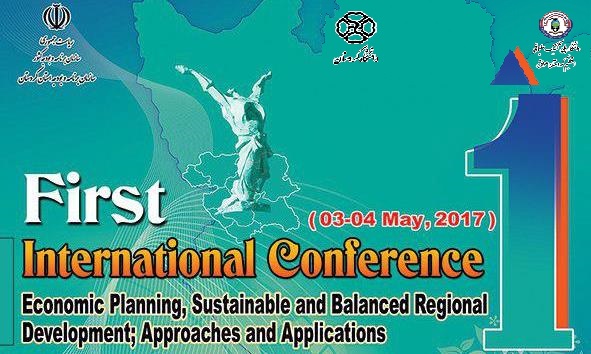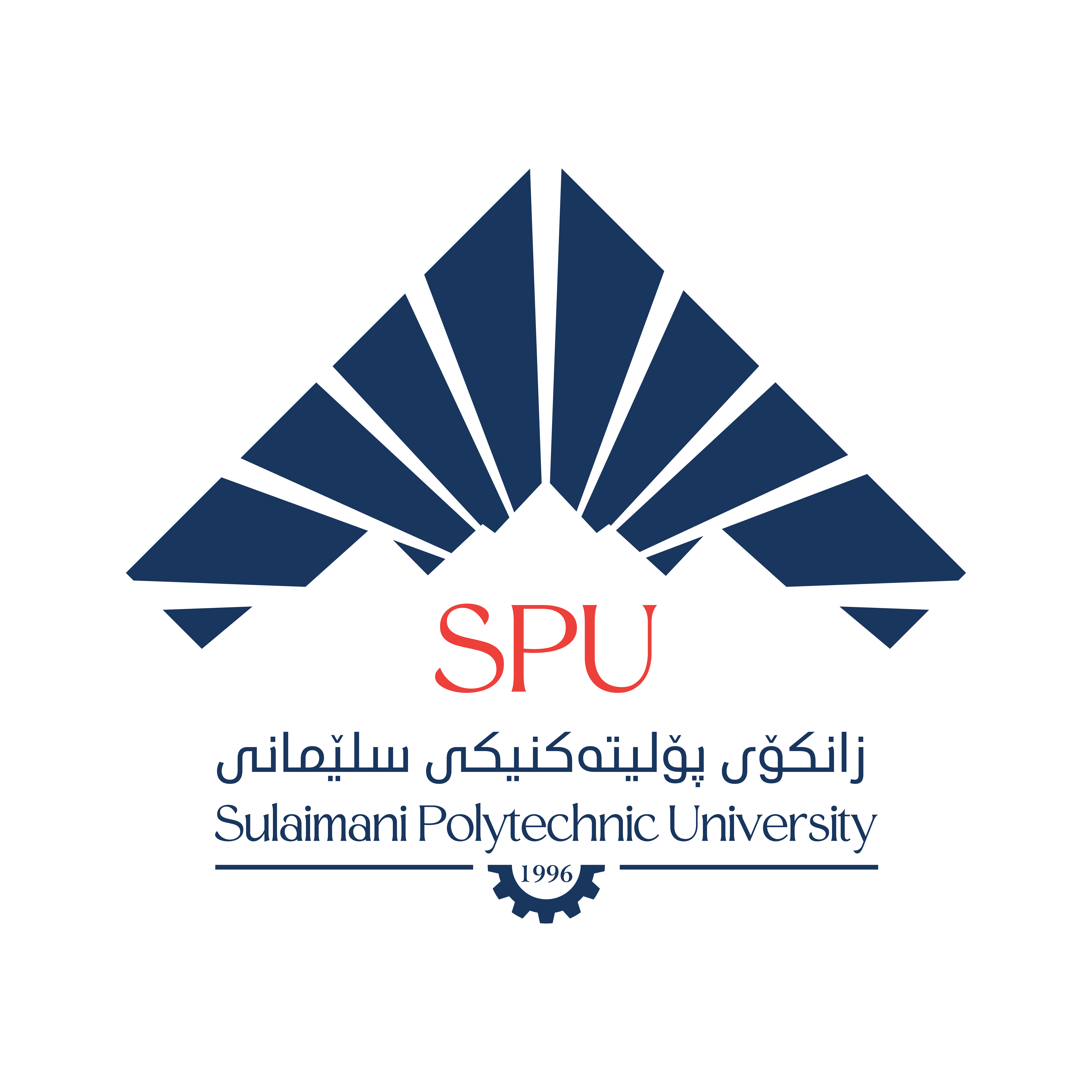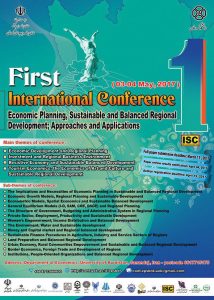
University of Kurdistan, Sanadaj & Sulaimani Polytechnic University Hold 1st International Conference on Economic Planning, Sustainable and Balanced Regional Development
The First International Conference on Economic Planning, Sustainable and Balanced Regional Development will be held in University of Kurdistan, Sanadaj, Iran. This Conference will be a joint effort of the University of Kurdistan and the Management and Planning Organization of Kurdistan & Sulaimani Polytechnic University in Kurdistan Region of Iraq
Developers and planners need to take into consideration the interaction between different regions and develop new methodologies to mitigate the effects of environmental problems and the non-sustainable use of available resources. With the rapid development of industry and information technology, researchers in all fields begin to discuss some new ideas connected with Economic Planning and Sustainable development.
We invite you to submit an abstract in the range of the following streams within the EPSBRD2017 program:
Economic Development and Regional Planning
Investment and Regional Business Environment
Resistive Economy and Sustainable Balanced Developmen
Tourism Economics, the Economics of Art and Culture and Sustainable Regional Development
We are inviting proposals for paper presentations, posters,or virtual presentation. Proposal ideas that extend beyond these thematic areaswill also be considered. For more information about the ideas and themesunderlying this community send an e-mail at: Conf.epsbrd.uok@gmail.com
Virtual participation is available for those who are unable to attend the conference in person. All conference registrants (in-person and virtual) can be published in the Book of Proceedings EPSBRD 2017.
Type Work Research
Type Work: Research, Practice, or Theory
Research Focus
1. Thesisstatement: the hypothesis, research statement, statement of the problem or issue being explored.
2. Methodology: brief overview of research method used to address the research questionidentified in the thesis statement.
3. Results:the main findings of the study, resulting from the methods used.
4. Conclusionsand Implications: what the results mean for the field of study or forsociety; relate back to the thesis statement.
Practice Focus
1. Framework: the scholarly knowledge base–theoretical framework, previous research, orconceptual approach–upon which the practical application is based.
2. Description of practical application: what was designed or developed? how was it implemented?
3. Outcomes: what has been learned from the implementation, what strengths and weaknesses have been identified?
4. Implications: what are the next steps or the implications for future practice or for society.
Theory Focus
1. Statement of the hypothesis, theoretical perspective, or philosophical idea being asserted.
2. Relationship to existing theories or perspectives in the field.
3. Contribution: how proposed idea advances knowledge in the field or benefits society.
Type of Presentation
Type of Presentation: Paper, Poster
The type of presentation you plan will also have implications for the information you include in the Long Description.
Paper Presentation
Accepted papers will be organized into thematic sessions or roundtable discussions and, while the preparation for your presentation may be different for these two formats, the content of your proposal should include all of the elements of a research, practice, or theory-focused work listed above.
Poster
Generally most appropriate for “practice-focused” works (or works in progress), a poster proposal may concentrate on one aspect, for example, “description of the practical application”. The proposal should clearly describe the type of information (or product) that will be displayed.
Main themes of the conference:
Economic Development and Regional Planning
Investment and Regional Business Environment
Resistive Economy and Sustainable Balanced Development
Tourism Economics, the Economics of Art and Culture and Sustainable Regional Development
Sub-themes of conference:
The Implications and Necessities of Economic Planning in Sustainable andBalanced Regional Development
Economic Growth Models, Regional Planning and Sustainable Development
Econometric Models, Spatial Economics and Sustainable Balanced Development
General Equilibrium Models (I-O, SAM, CGE, DSGE) and Regional Planning
The Structure of Government, Budgeting and Administrative System in Regional Planning
Private Sector, Employment, Productivity and Sustainable Development
Women’s Empowerment, Income Distribution and Balanced Development
The Environment, Water and Sustainable development
Money and Capital market and Regional balanced development
Sustainable Finance Procedures in Agriculture, Industry and Service Sectors of Regions
Land Preparation and Balanced Regional Development
Urban Economy, Rural Communities Empowerment and Sustainable and BalancedRegional Development
Border Economics, Foreign Trade and Development of Regions
Institutions, People-Oriented Organizations and Balanced Regional Development
More detail :
http://conf.uok.ac.ir/epsbdr/home.aspx




